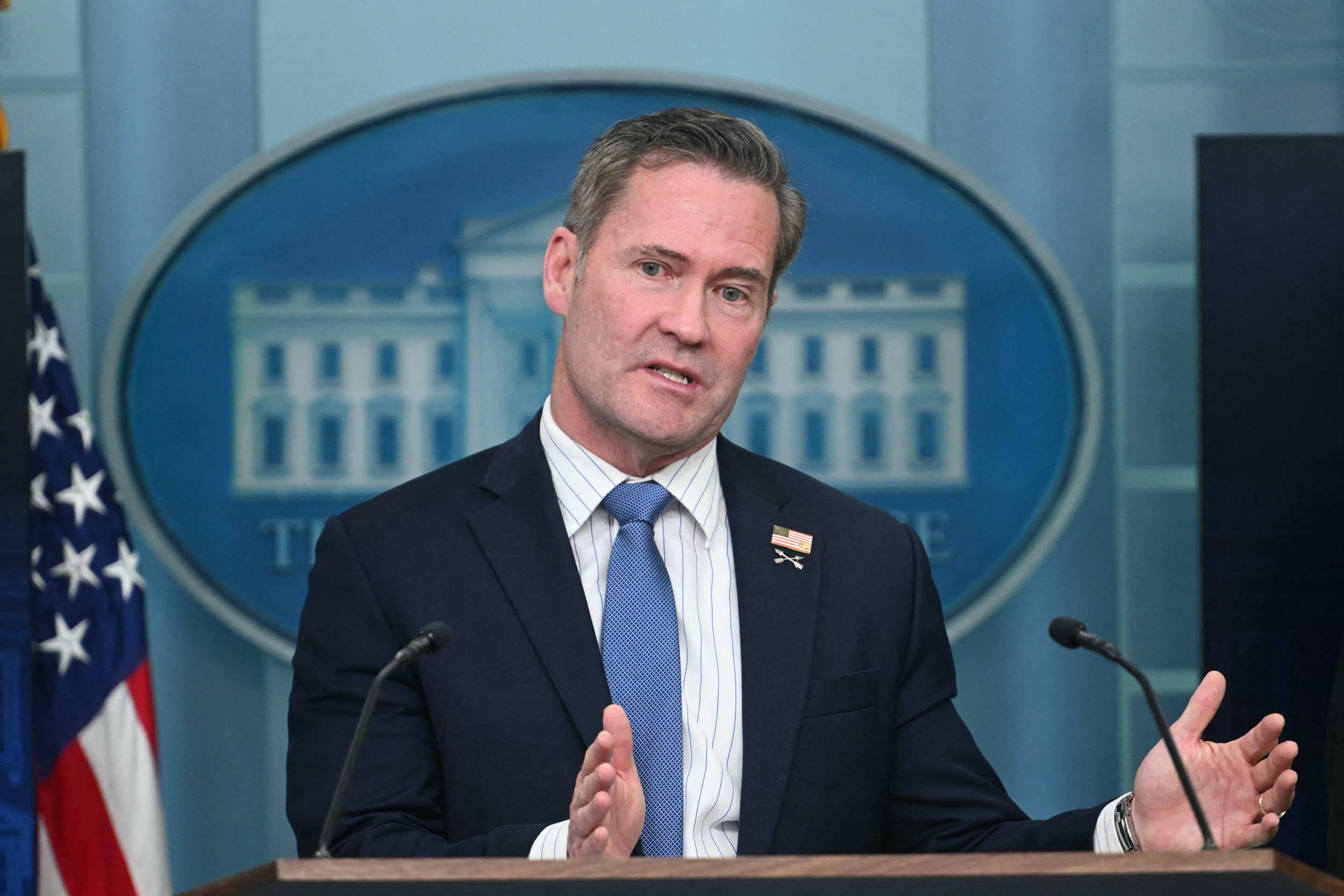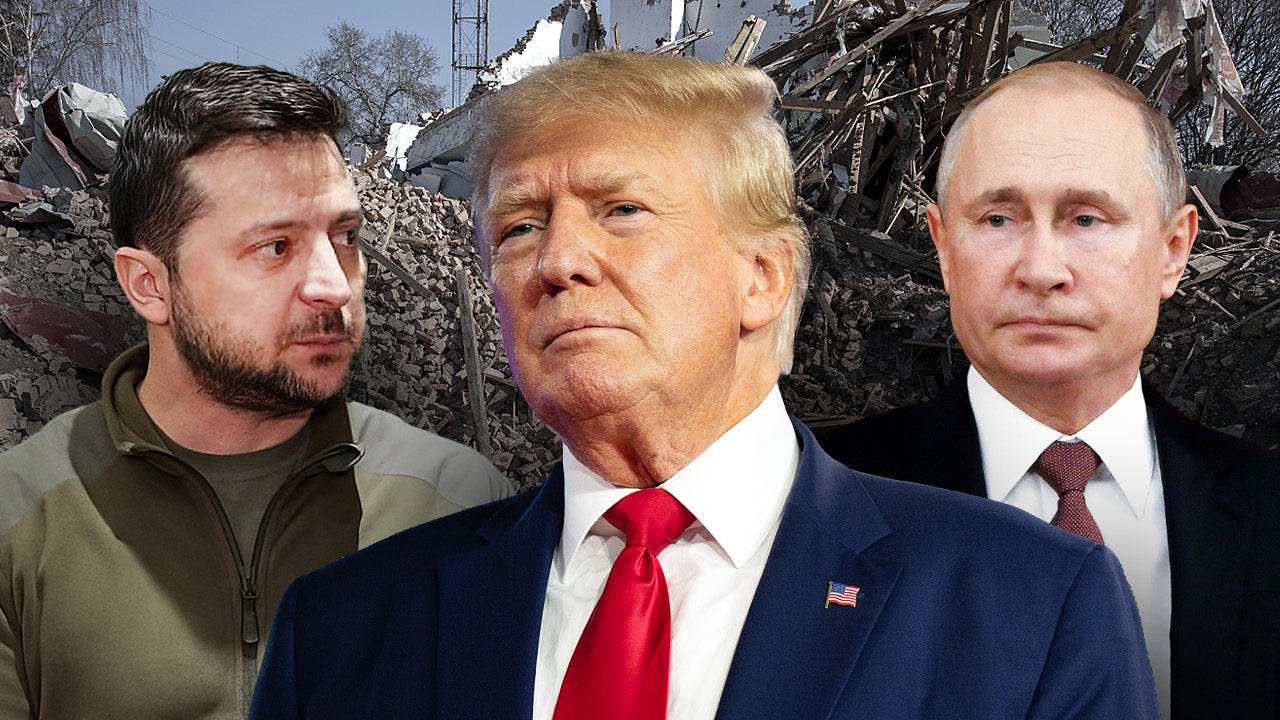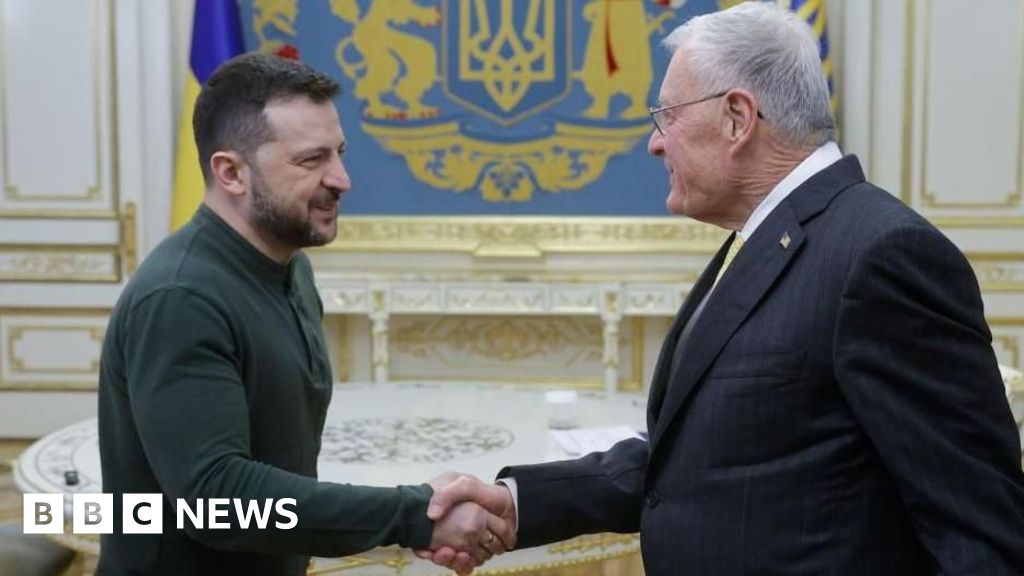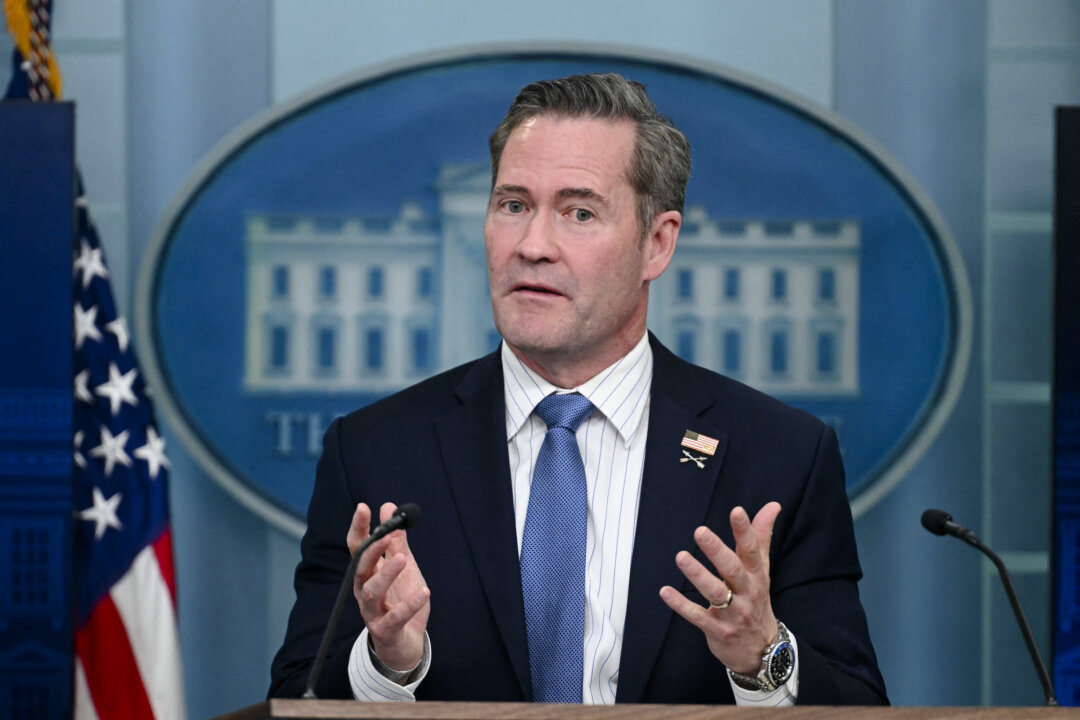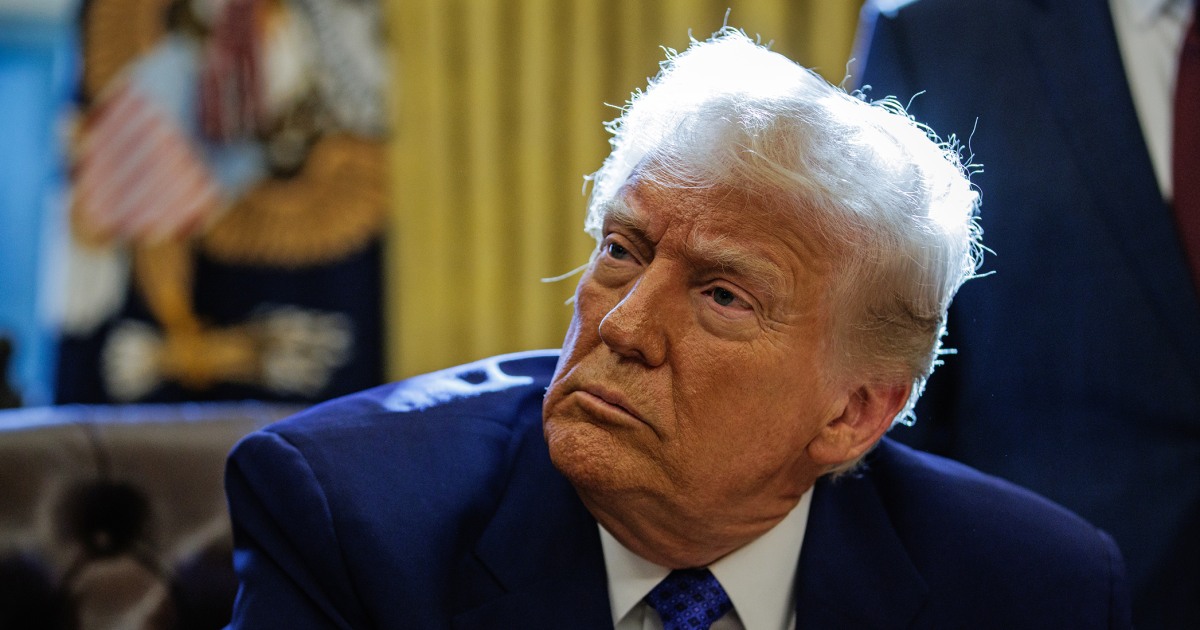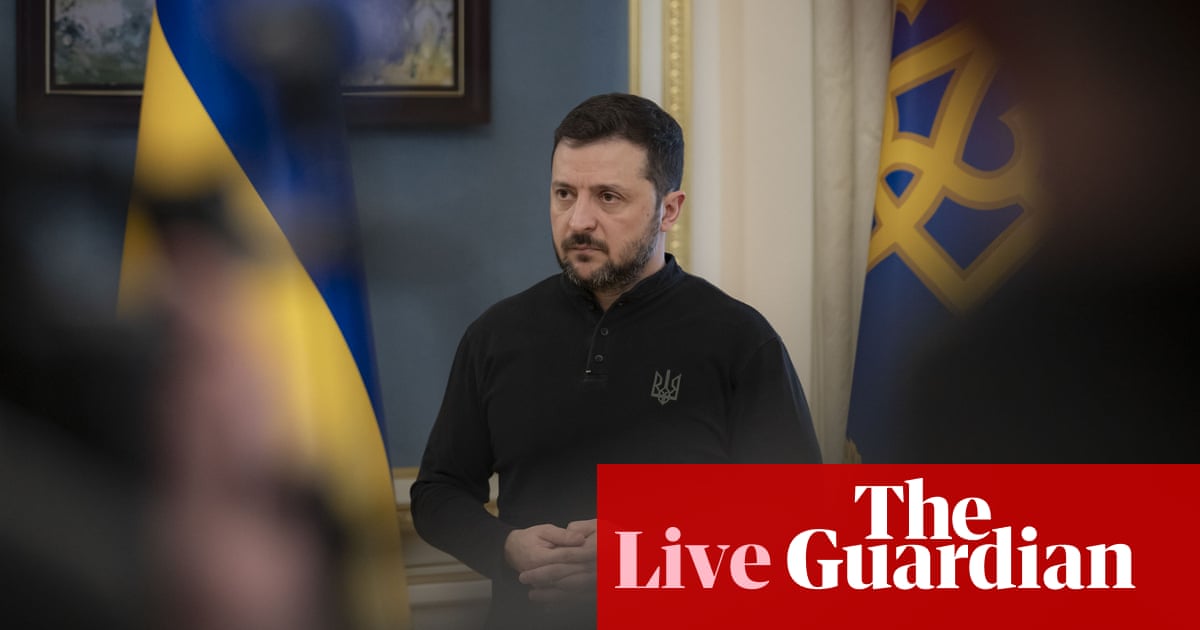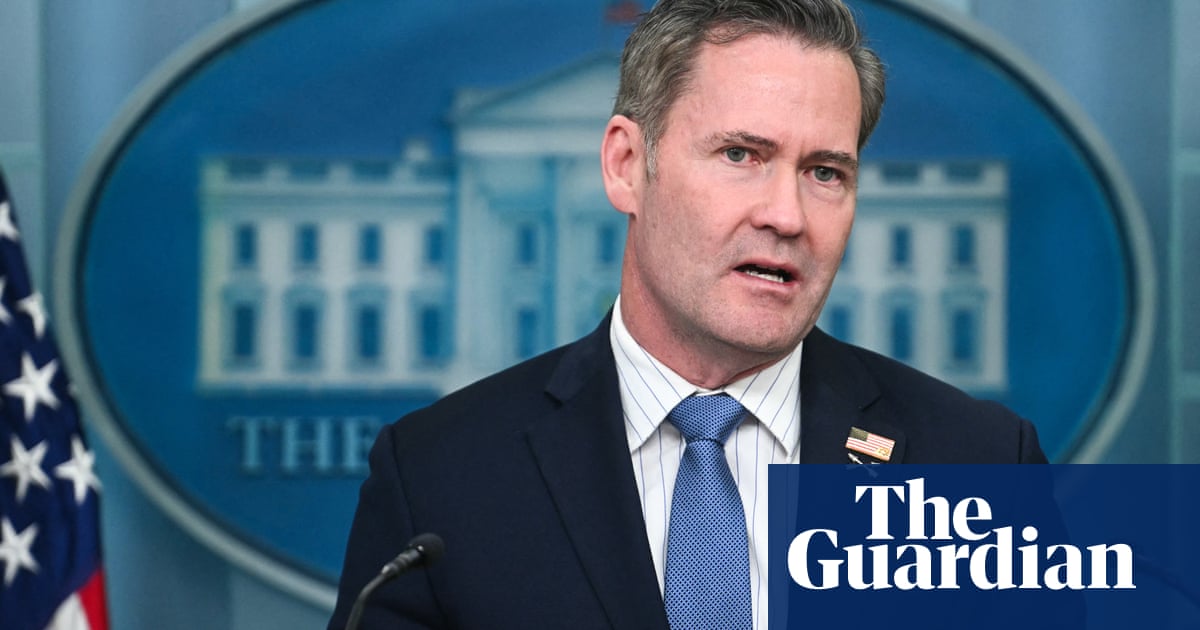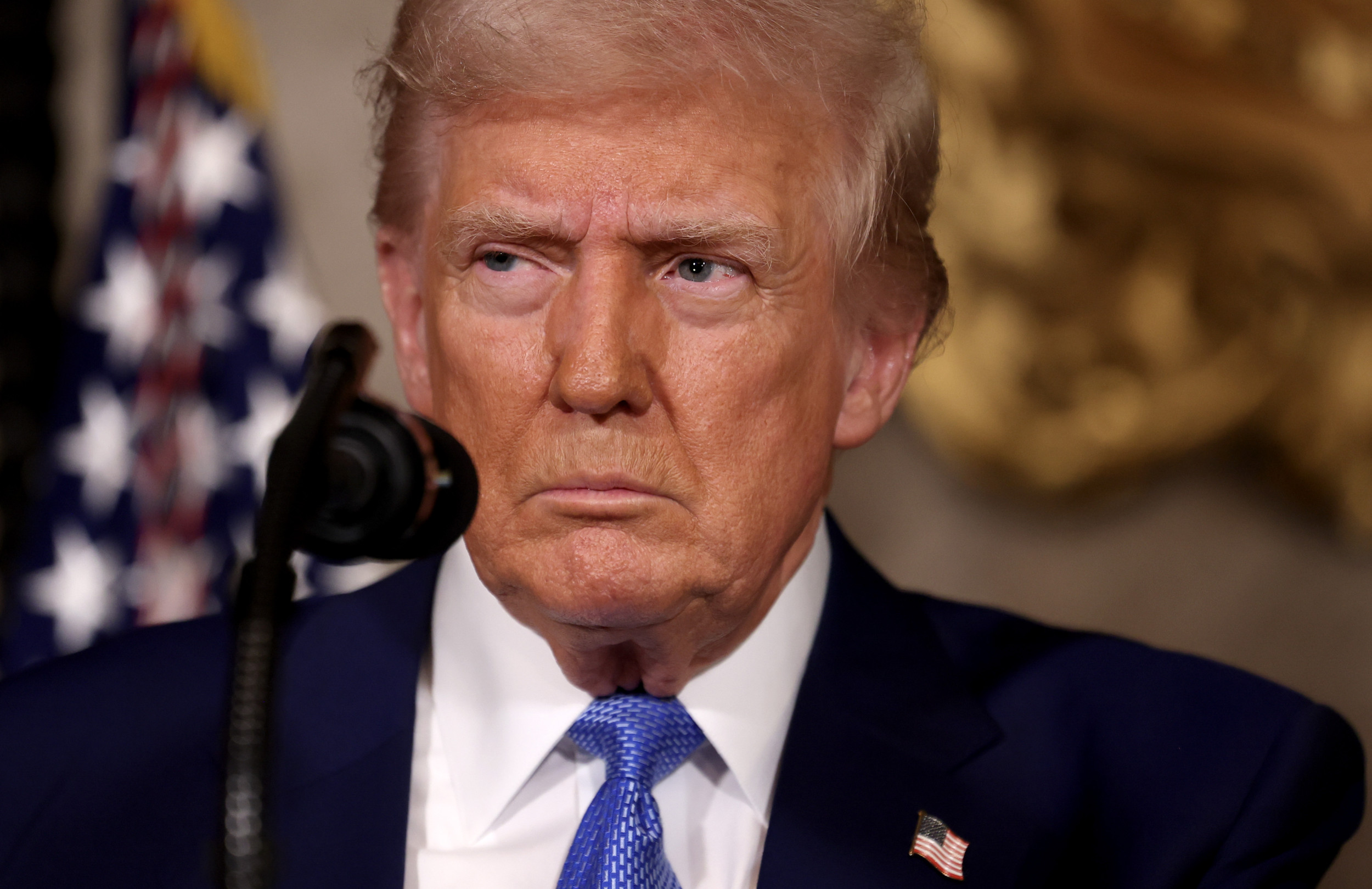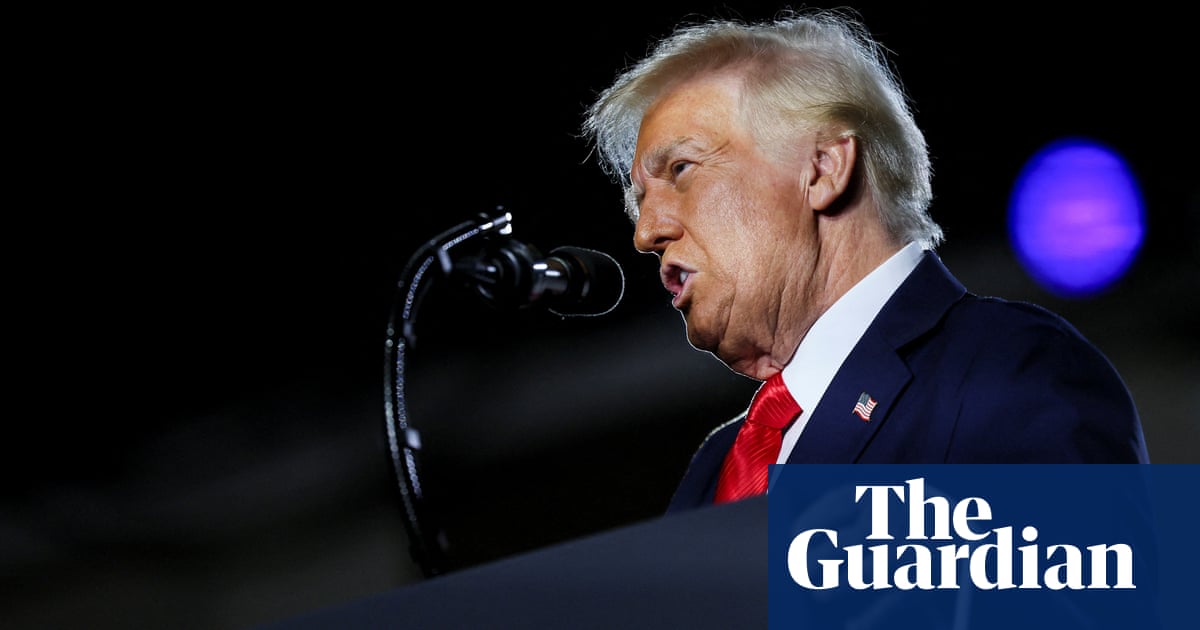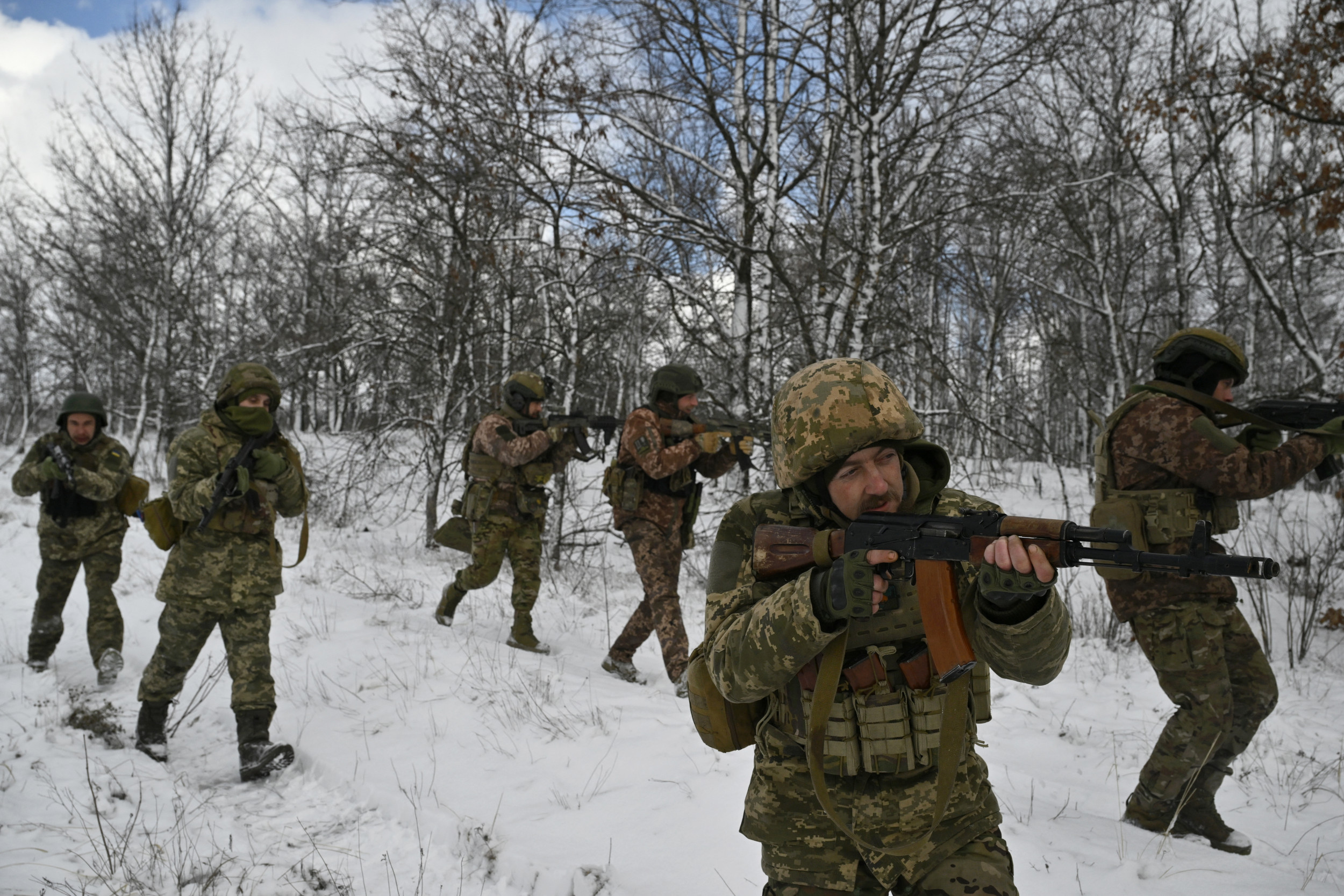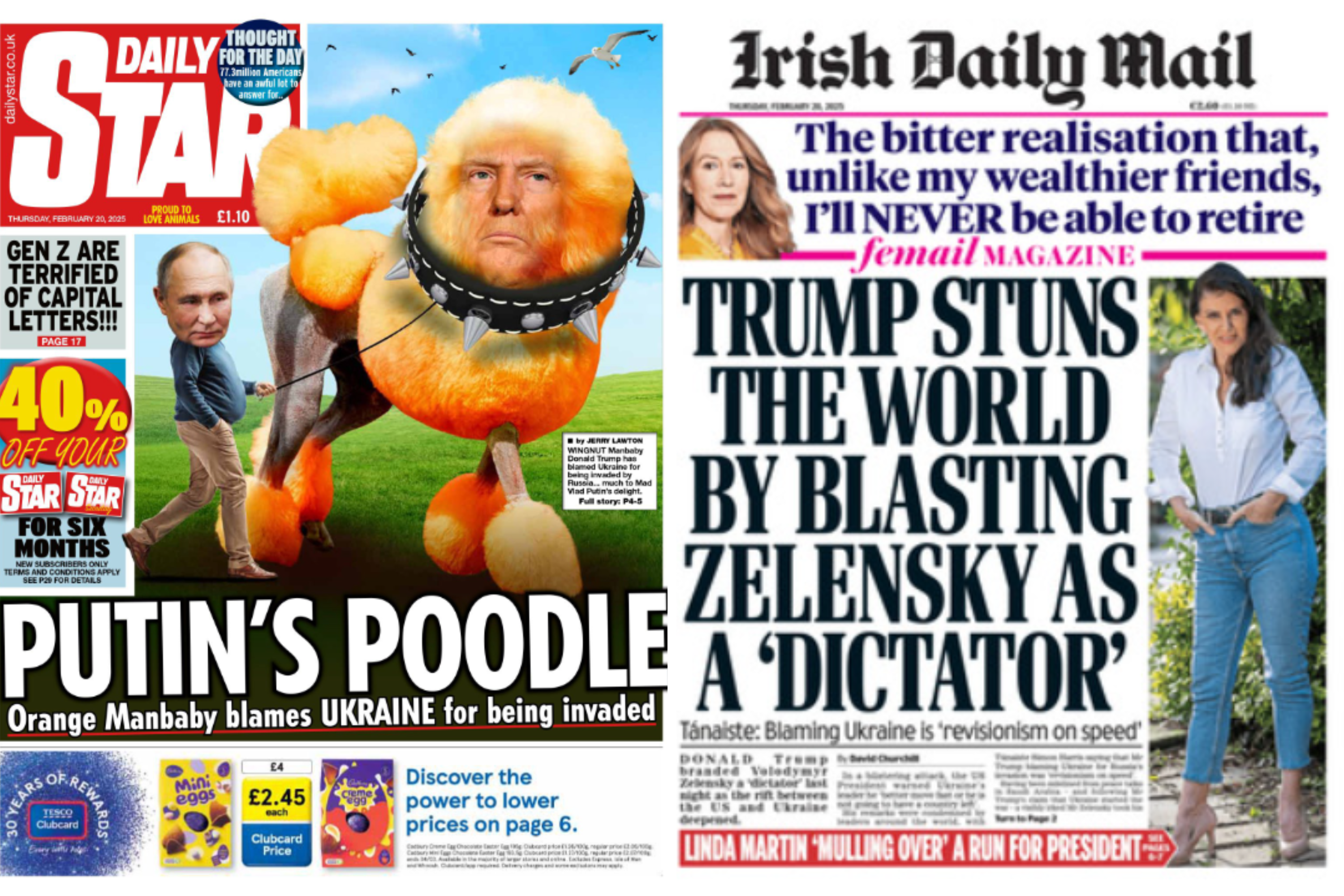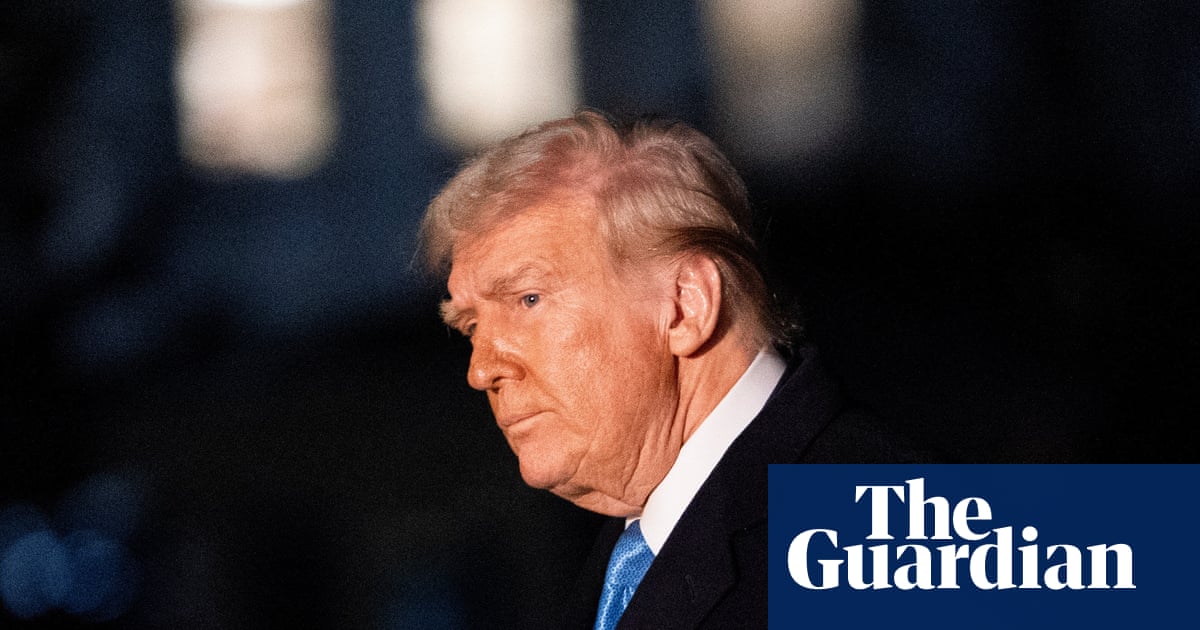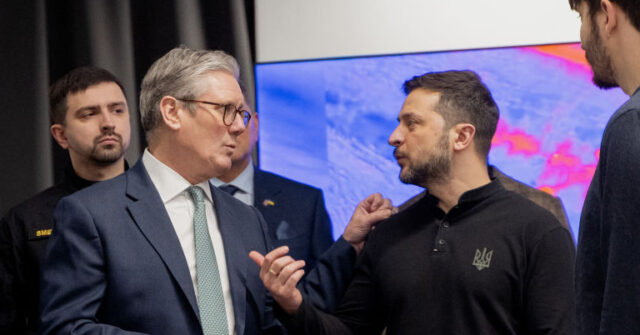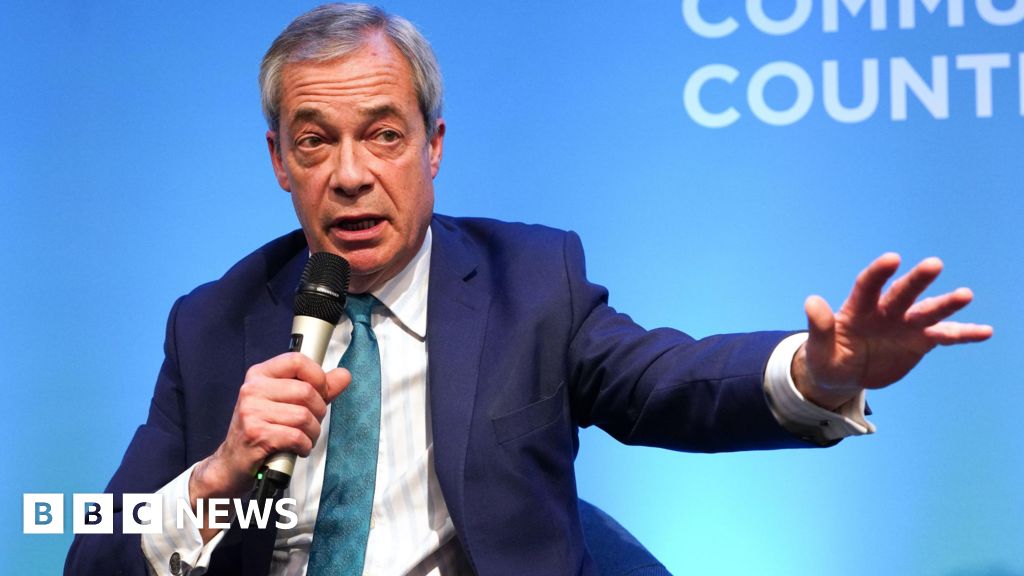Trump's Support for Russia Raises Tensions with Zelenskyy amid G20 Discussions
At the G20, China's Wang Yi backs Trump’s initiative to engage Russia over Ukraine, igniting further tensions between the U.S. and Ukraine's leadership.
Subscribe to unlock this story
We really don't like cutting you off, but you've reached your monthly limit. At just $5/month, subscriptions are how we keep this project going. Start your free 7-day trial today!
Get StartedHave an account? Sign in
Overview
Ukrainian President Volodymyr Zelenskyy has faced escalating tensions with the U.S., particularly after President Trump labeled him a "dictator" and criticized Ukraine's role in the war. Trump's recent pivot to engage with Russia, including talks that excluded Ukraine, has alarmed Senate Democrats concerned over diminishing U.S. support for Kyiv. Amidst this, Chinese Foreign Minister Wang Yi supported Trump's call for a deal with Russia at the G20 meeting, suggesting China's willingness to mediate in the conflict. G20 allies, including Australia, Germany, and the UK, reaffirmed their commitment to Zelenskyy, intensifying the ongoing clashes of foreign policy approaches.
Report issue

Read both sides in 5 minutes each day
Analysis
Analysis unavailable for this viewpoint.
Articles (29)
Center (14)
FAQ
Tensions have escalated due to Trump labeling Zelenskyy a 'dictator' and criticizing Ukraine's role in the war. Additionally, Trump's talks with Russia excluded Ukraine, further straining relations.
China's support for Trump's initiative has highlighted Beijing's strategic positioning, aiming to maintain influence over Russia and secure a role in European security discussions. However, it also underscores China's complex relations with both the U.S. and Russia.
Allies such as Australia, Germany, and the UK have reaffirmed their support for Ukraine, expressing concern over Trump's approach and the exclusion of Ukraine from negotiations.
Japan has reiterated its support for Ukraine, emphasizing the importance of standing up to Moscow, while China has backed Trump's peace initiative with Russia, reflecting differing geopolitical strategies.
History
- 8M

 4 articles
4 articles
- 8M

 6 articles
6 articles

